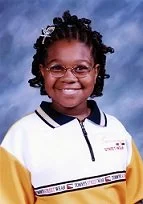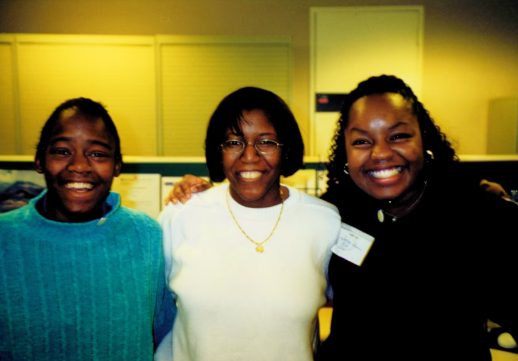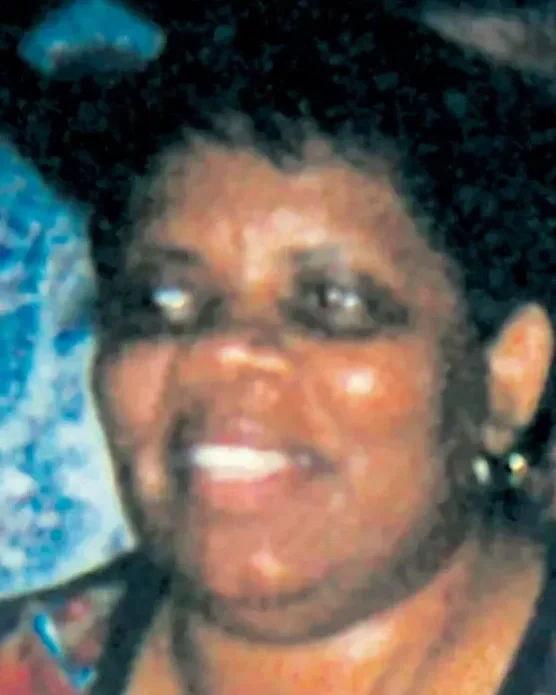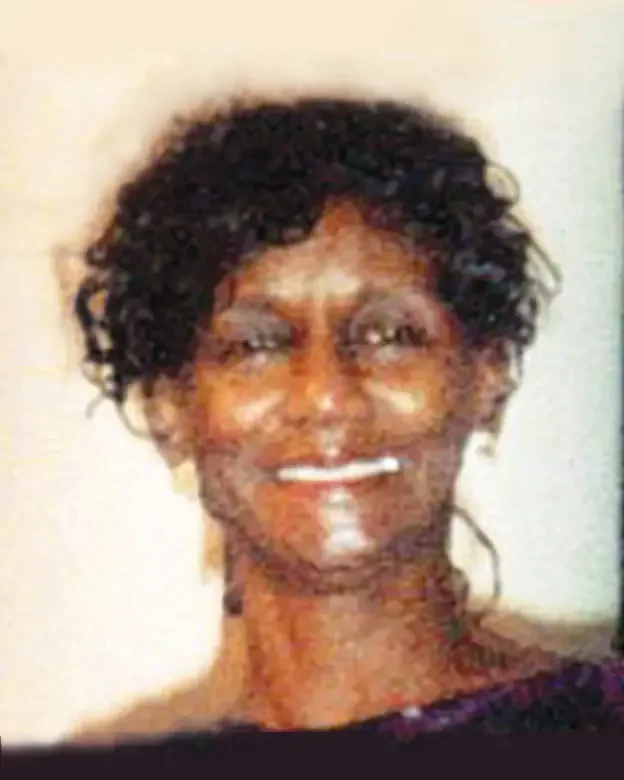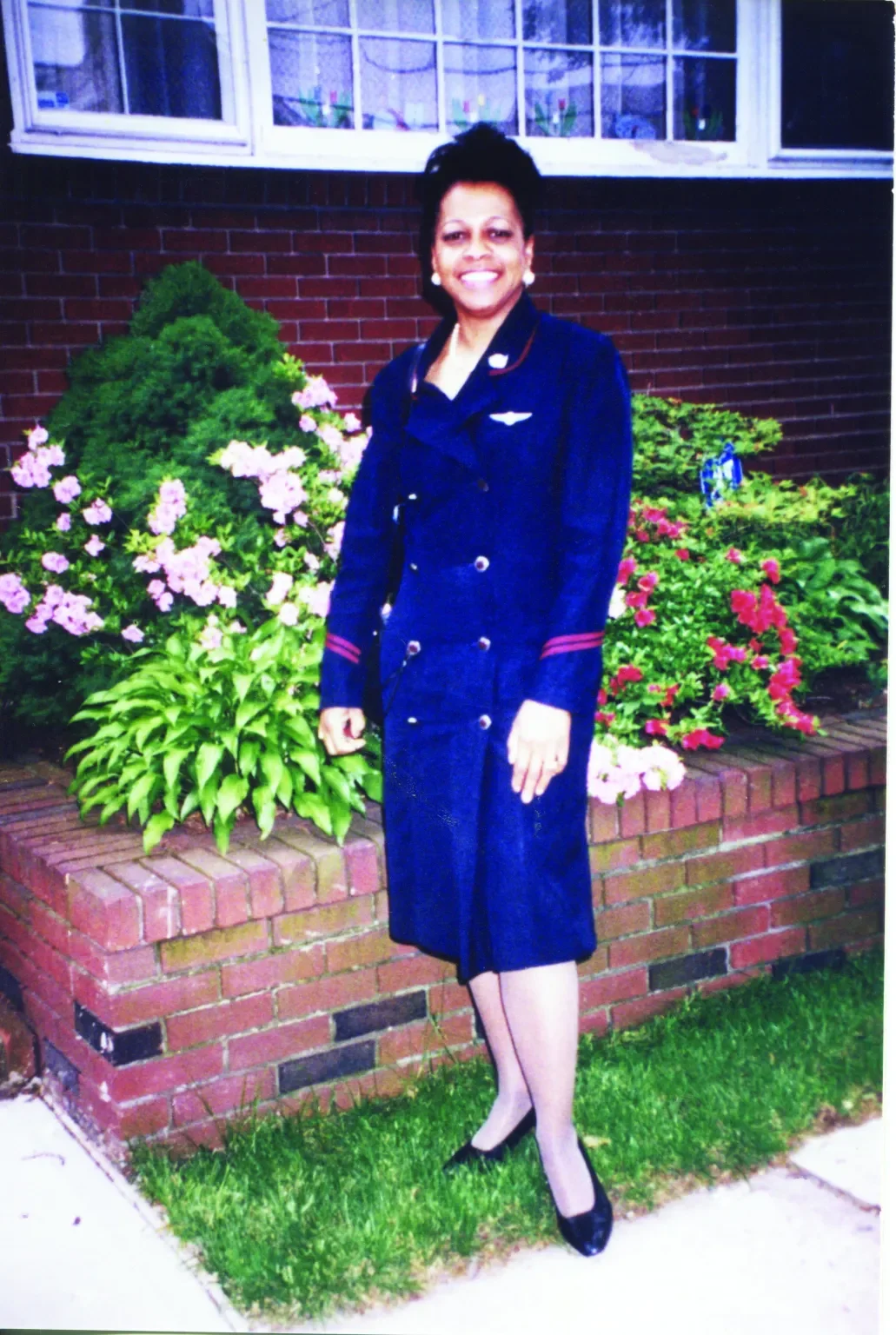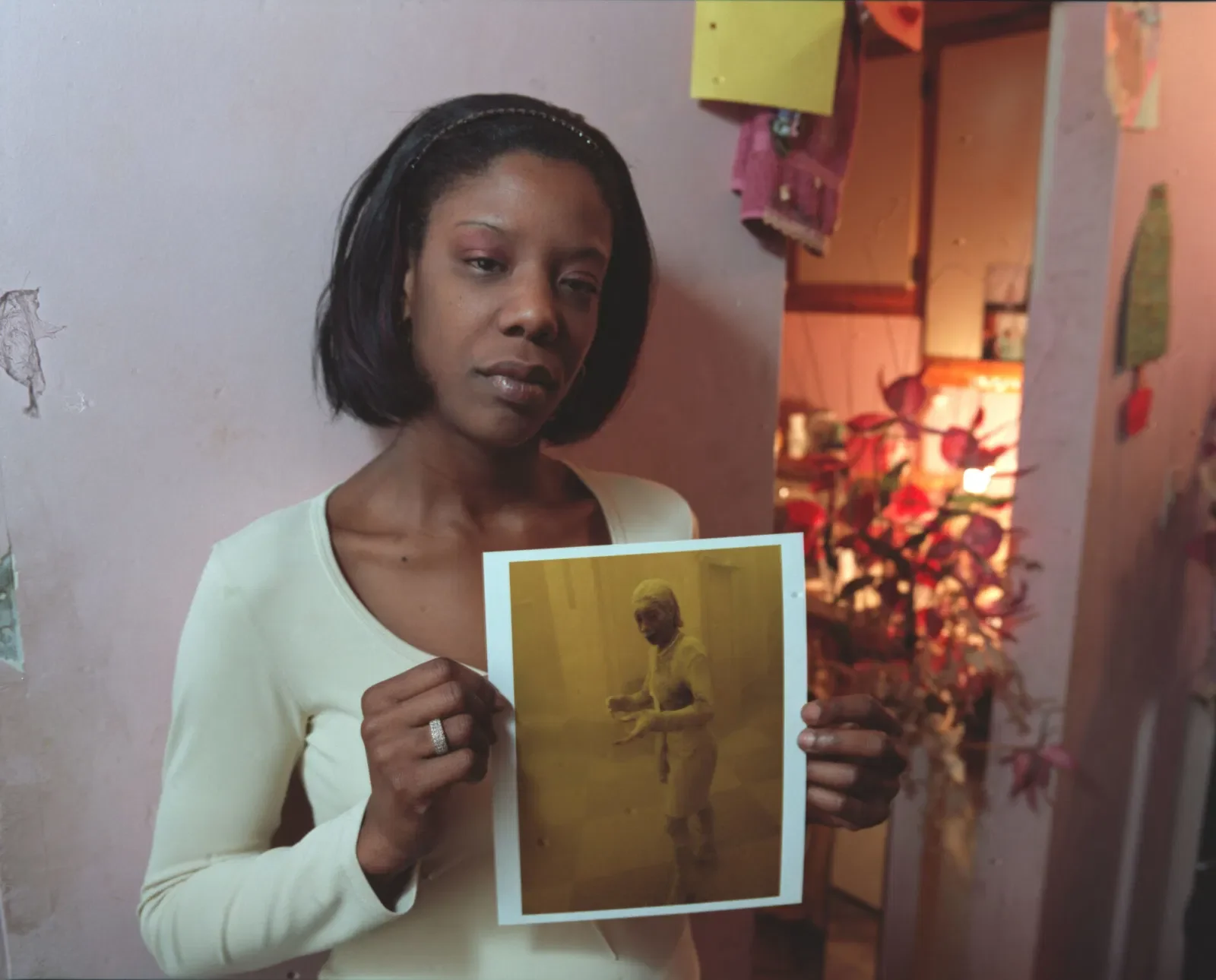Say Her Name: Honoring the Black Women and Girls We Lost on 9/11
Every September 11th, we pause. We remember. We mourn. But for many of us—Black women especially—this day carries a quiet ache. Because while the nation grieves, our sisters’ names are often left out of the story.
Black women and girls died on 9/11 too. They were in the towers, in the Pentagon, on the planes. They were professionals, students, mothers, daughters, dreamers. And yet, when the documentaries roll and the memorials are read, their faces are rarely shown. Their stories are rarely told.
It’s time we change that.
Our Sisters Deserve to Be Remembered
Let’s say their names.
Asia Cottom, just 11 years old, was on her way to a National Geographic science trip when Flight 77 hit the Pentagon. She was brilliant, curious, full of promise. Her parents still speak of her light.
Joan Donna Griffith, a mother working in the South Tower, never made it home. Her daughter, Paula Edgar, watched the towers fall from across the country, unable to reach her family. Joan was a nurturer, a provider, a woman who held her family together.
Amelia V. Fields, a civilian secretary at the Pentagon, had just started her job. Her husband had baked her a birthday cake that morning. She never got to taste it.
Sara M. Clark, 65, was flying to Los Angeles to get married. She and her fiancé had just picked out wedding bands. Her love story ended in tragedy.
And we must remember Wanda Anita Green, a trailblazing flight attendant on United Flight 93. Wanda was one of the first Black women to work for United Airlines, serving for 29 years. She was a mother of two, a church deacon, a real estate agent, and a woman who dreamed of opening her own business. She was substituting for another attendant that day, planning to visit her family in Oakland after the flight. Her mother, Aserene Smith, had called her the night before to say, “I love you. I’ll see you tomorrow.” Wanda never made it.
These women were more than victims. They were vibrant, powerful, and deeply loved. Their lives mattered. Their deaths shook families, churches, communities. And their absence is still felt today.
“The Dust Lady” and the Weight of Survival
We also remember Marcy Borders, known to the world as “The Dust Lady.” That haunting photo of her covered in ash became a symbol of survival. But survival came at a cost. Marcy battled trauma, addiction, and eventually cancer, likely caused by the toxins she inhaled that day. She died in 2015, still carrying the weight of 9/11 in her body and spirit.
Her story reminds us that surviving doesn’t mean healing and that Black women often carry pain in silence, unseen and unsupported.
Why Our Stories Must Be Told
Let’s be real: Black folks have always been part of America’s story, even when we’re written out of it. We were there on 9/11. We died. We survived. We grieved. But when Time Magazine released its Beyond 9/11 issue, not one identifiable Black American was featured. Not one.
This kind of erasure is not just oversight, it’s injustice. It tells our children that their lives don’t matter in moments of national tragedy. It tells our communities that our grief is invisible.
But we know better. We know that remembrance is resistance. That saying her name is an act of love. That honoring our sisters is how we heal.
A Call to Action
So today, The Good Girl Movement calls on all of us—Black women, allies, educators, journalists, and leaders to do better.
Include Black victims in memorials, museums, and media.
Support families still grieving and seeking recognition.
Teach our children the full truth of 9/11, including the Black lives lost.
Create spaces where our grief is honored and our stories are told.
Because our sisters deserve more than silence. They deserve legacy.
Let this be the year we say their names. Let this be the year we remember them fully. Let this be the year we make space for Black women in history not just in tragedy, but in truth.


